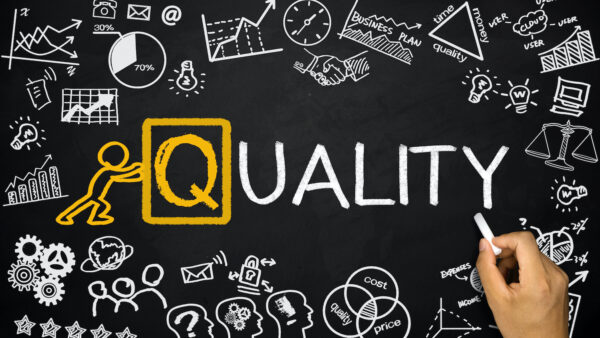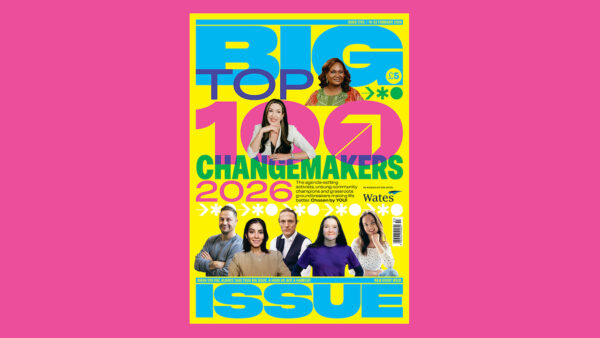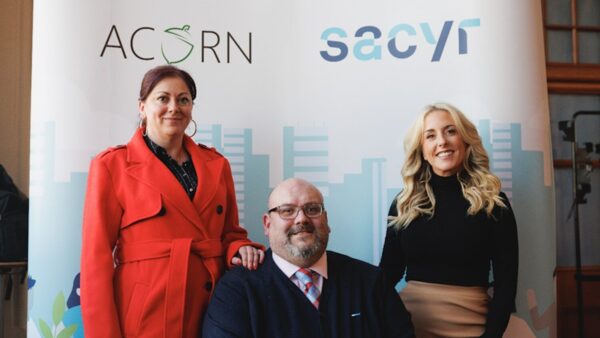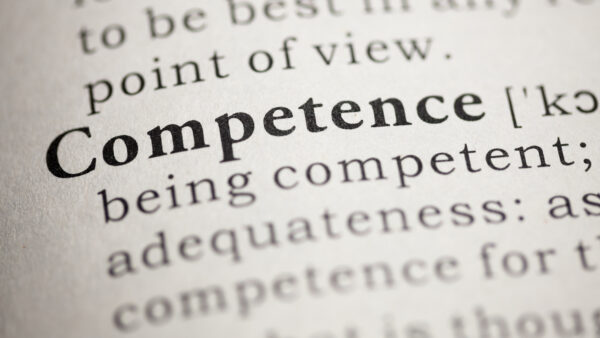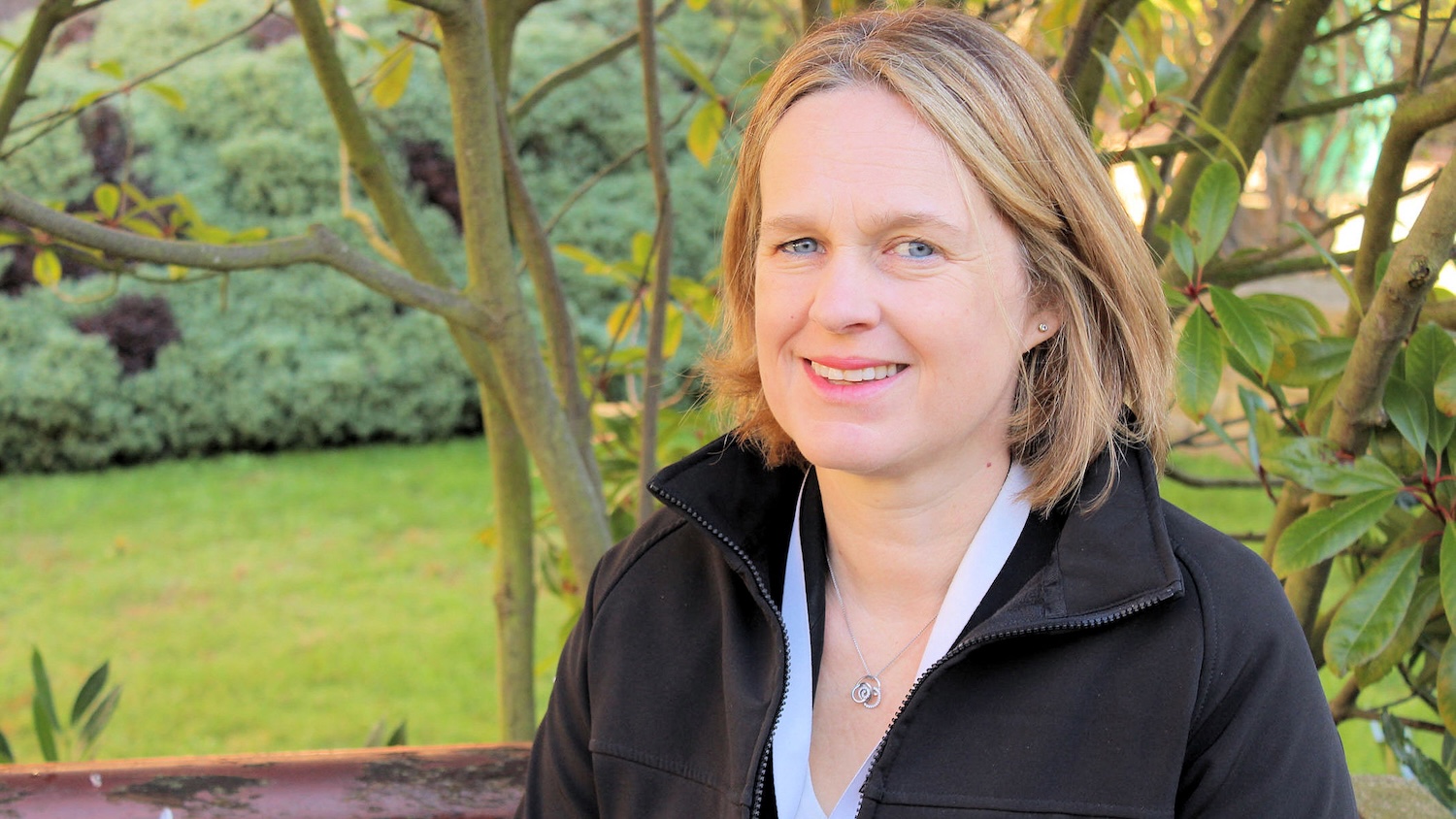
Kicking off our new series featuring insights from major employers, Clare Francis, head of recruitment at Willmott Dixon, tells CM People that even in a digital age, the ‘human element’ remains critical to the company’s hiring process.
What are the top three qualities you look for in a candidate when recruiting?
For us, it really comes down to three fundamental qualities. First and foremost is a ‘can do’ approach – that willingness to roll up your sleeves and tackle challenges head-on.
Construction is an industry where no two days are the same, and we need people who see obstacles as opportunities rather than roadblocks.
Integrity is equally crucial. We’re building structures that will stand for generations, and that requires people who do the right thing.
Whether it’s safety standards, quality workmanship or honest communication with customers, integrity underpins everything we do.
Finally, we look for candidates who are genuinely open to listening and developing further. The construction industry is evolving rapidly, and even the most experienced professionals need to stay curious and adaptable.
We want people who actively seek feedback, embrace new ways of working and are excited about growing throughout their careers with us.
The industry is becoming increasingly digital… We’ll need people who can blend emerging digital capabilities with traditional engineering and construction expertise. It’s not an either-or situation
Does a candidate’s membership with a professional body make a difference? And why?
Absolutely, it does make a positive difference.
It also shows a dedication to ongoing development – staying current with industry changes, regulations and best practices.
That commitment to continuous learning aligns perfectly with our values at Willmott Dixon.
What technical or ‘soft’ skills do you see as most lacking among applicants?
On the technical side, we’re seeing a gap in digital skills, particularly around building information modelling (BIM) and other construction technology platforms.
The industry is becoming increasingly digital and, going forward, we’ll need people who can blend these emerging digital capabilities with traditional engineering and construction expertise.
It’s not an either/or situation – we need professionals who are equally comfortable reading technical drawings and navigating sophisticated digital models.
In terms of soft skills, communication and people management abilities are critical. Yet we often see candidates who haven’t had enough opportunity to develop these.
Construction projects involve coordinating large, diverse teams and maintaining productive relationships between ourselves, customers, consultants and our supply chain.
The ability to motivate people, resolve conflicts and communicate clearly across different levels and specialisms is a major factor in project success.
What are the most difficult roles to recruit for at the moment? And why do you think that is?
Many roles in construction are extremely competitive to recruit for right now, as companies across the sector are competing for talent with proven industry experience.
We’ve been talking about a skills shortage in construction for well over a decade, so this isn’t new – but it does mean we all need to think differently.
We need to look outside the sector for people with transferable skills and support them in gaining relevant experience, while also investing in entry-level training programmes to build the pipeline for the future.
If I had to identify specific roles, I’d say estimators and planners are particularly challenging. There simply aren’t enough of these to meet demand.
These are critical roles that require both technical knowledge and strategic thinking, so building that talent pool is essential for the industry’s sustainability.
Creating an inclusive environment where everyone can thrive isn’t just the right thing to do – it’s essential for attracting the breadth of talent we need
Are you doing anything different to attract or retain talent?
We’re extremely proud of our management and leadership development programmes at Willmott Dixon, which include a dedicated women’s leadership programme.
As I mentioned, we need to attract new talent into the industry to address the skills shortage, and this absolutely includes more diverse candidates. Currently, 33% of our workforce are women, but our aspiration is to reach 50/50.
Creating an inclusive environment where everyone can thrive isn’t just the right thing to do – it’s essential for attracting the breadth of talent we need.
How is technology shaping your recruitment process?
Technology is transforming how we recruit, but we’re taking a thoughtful approach to ensure it enhances rather than replaces the human element.
We use recruitment platforms and applicant tracking systems to manage the volume of applications more efficiently and ensure no candidate falls through the cracks.
Construction is fundamentally a people business, and cultural fit, attitude and potential aren’t things an algorithm can fully assess.
Technology helps us work smarter and faster and reach a wider pool of candidates, but the final decisions are always made after an in-person interview with experienced hiring managers who understand what makes someone successful at Willmott Dixon.
What’s great about Willmott Dixon as an employer?
Willmott Dixon invests heavily in developing our people and is genuinely committed to creating an exceptional work environment.
This isn’t just corporate speak; it’s reflected in our 2025 Sunday Times Best Places to Work industry award, and the FT’s Best Workplaces list, where we came fourth throughout Europe.
We want our people thriving, and that philosophy runs through everything, from our training programmes to our approach to work-life balance and wellbeing.
Are you looking for top construction talent? Want to get ahead of the competition? Contact Sophie Holland at CIOB Jobs.




